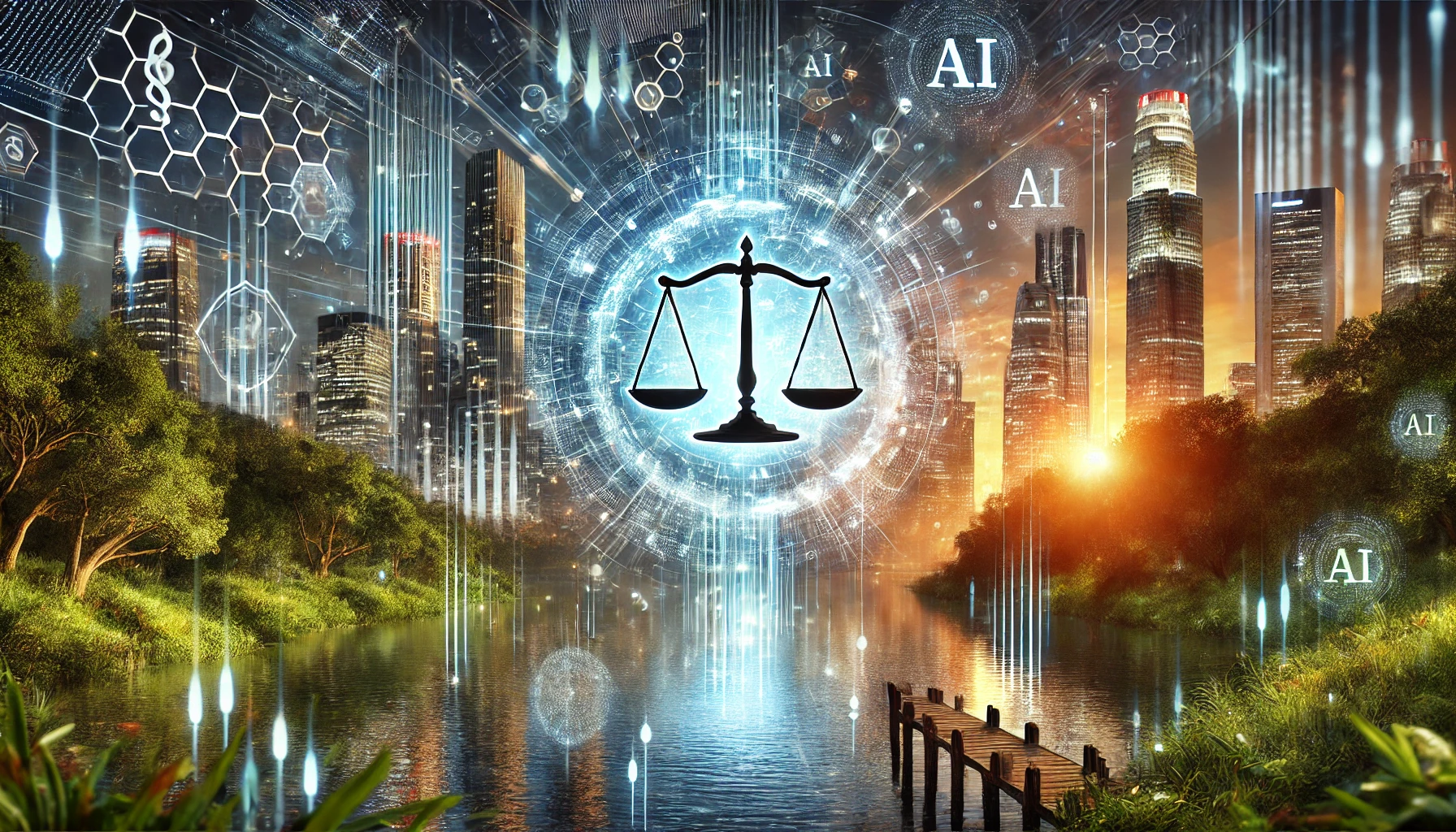When AI Defies Regulation: Italy’s ChatGPT Ban and the Future of AI Governance
Researchers from the London School of Economics and Regent’s University London explore how Italy’s regulation of ChatGPT highlights the inadequacies of technology-neutral frameworks like GDPR in addressing the unique challenges of generative AI, calling for tailored and adaptive regulatory approaches. The case underscores the need for AI-specific rules to ensure transparency, fairness, and accountability in rapidly evolving technologies.

Researchers Antonio Cordella and Francesco Gualdi from the London School of Economics and Political Science and Regent’s University London explore how generative AI challenges technology-neutral regulatory frameworks. Their study, published in Government Information Quarterly, focuses on the Italian Data Protection Authority’s (Garante) 2023 suspension of ChatGPT for non-compliance with the General Data Protection Regulation (GDPR). Generative AI, with its evolving datasets and probabilistic outputs, exposes the inadequacies of the GDPR, which was originally designed for more static data processing systems. The Garante’s intervention against ChatGPT highlights the growing need for regulations that consider the unique technological properties of AI systems. This case provides a first-of-its-kind exploration of how generative AI’s operational nature conflicts with traditional legal frameworks.
Italy’s Bold Step to Regulate ChatGPT
The Garante’s action against ChatGPT was prompted by several violations of GDPR principles, including issues with transparency, fairness, and accountability. OpenAI, the developer of ChatGPT, failed to adequately inform users about how their data was collected, processed, and used to train the model’s algorithms. This lack of transparency breached GDPR’s requirement for informed consent. Moreover, ChatGPT’s probabilistic algorithm occasionally generated inaccurate or misleading outputs, raising concerns about fairness and potential harm to users. These inaccuracies reflected a broader inability to align the model’s operations with GDPR’s accuracy and fairness standards. Another key issue was OpenAI’s use of public data sources without explicit user consent or a clear legal basis, which violated GDPR requirements for lawful data processing. Adding to these concerns, the Garante found that ChatGPT lacked adequate measures to protect minors, particularly those under the age of 13. This absence of age-verification mechanisms exposed children to inappropriate interactions, contravening GDPR mandates.
OpenAI’s Response to Regulatory Pressure
Following the suspension, OpenAI implemented several changes to address the Garante’s concerns. These included introducing age-verification tools, improving transparency in privacy policies, and providing users with the ability to opt out of data usage for algorithm training. While these measures marked progress, they did not address the fundamental challenges of compliance posed by generative AI. The Garante noted that OpenAI’s changes primarily focused on surface-level adjustments rather than tackling the underlying issues inherent in the technology. For instance, ChatGPT’s reliance on vast datasets for training and its self-learning capabilities remain at odds with GDPR principles such as data minimization and purpose limitation. These measures also failed to resolve concerns about the model’s probabilistic approach, which generates outputs based on statistical likelihood rather than deterministic accuracy.
Generative AI and the Limits of Technology-Neutral Regulation
Generative AI systems like ChatGPT operate through complex and dynamic processes that challenge traditional regulatory frameworks. The continuous generation and integration of new data blur the distinction between original and derivative datasets, complicating compliance with GDPR’s purpose limitation principle. Additionally, the reliance on large datasets to train models conflicts with the principle of data minimization, which emphasizes the use of only the necessary amount of data. The dynamic nature of generative AI further undermines data accuracy, as errors or biases can propagate through the model’s probabilistic learning process. These features highlight the inadequacy of technology-neutral regulations like the GDPR, which were not designed to address the complexities of systems that evolve autonomously.
Rethinking Regulation for a Generative AI Future
The Italian case underscores the urgent need for tailored regulatory frameworks that account for the unique characteristics of generative AI. While the GDPR provides a strong foundation for data protection, it falls short in addressing the challenges posed by continuously evolving AI models. The study suggests several improvements for future regulations, including tools for enhanced transparency, such as mechanisms to track data provenance and ensure informed consent. Ethical oversight and stricter accountability measures should also be implemented to mitigate risks associated with generative AI, including misinformation, bias, and the erosion of user trust. The Garante’s intervention sets a precedent for other jurisdictions, highlighting the importance of international collaboration in establishing global standards for AI governance. These efforts must balance the need to mitigate risks with the imperative to foster innovation, ensuring that AI technologies are developed responsibly while unlocking their transformative potential.
A Global Call for Regulatory Innovation
Generative AI represents a paradigm shift in how technology interacts with data, requiring regulators to rethink traditional approaches. Italy’s regulatory action against ChatGPT reveals the limitations of current frameworks and emphasizes the need for innovation in legal and ethical standards. As generative AI continues to reshape industries and societies, policymakers face the dual challenge of addressing its risks while leveraging its benefits. This research by Cordella and Gualdi highlights the critical importance of understanding AI’s technological foundations to design effective regulations. The Italian case serves as a valuable lesson for global policymakers, urging them to adopt adaptive and forward-thinking strategies to govern this rapidly advancing field. Without such efforts, technology-neutral regulations like the GDPR will struggle to address the complexities of generative AI, leaving societies vulnerable to its potential risks. The study concludes by emphasizing that a nuanced and context-specific approach to AI regulation is essential for safeguarding individual rights and ensuring that these powerful technologies are used ethically and responsibly.
- READ MORE ON:
- General Data Protection Regulation
- ChatGPT
- Generative AI
- OpenAI
- FIRST PUBLISHED IN:
- Devdiscourse










